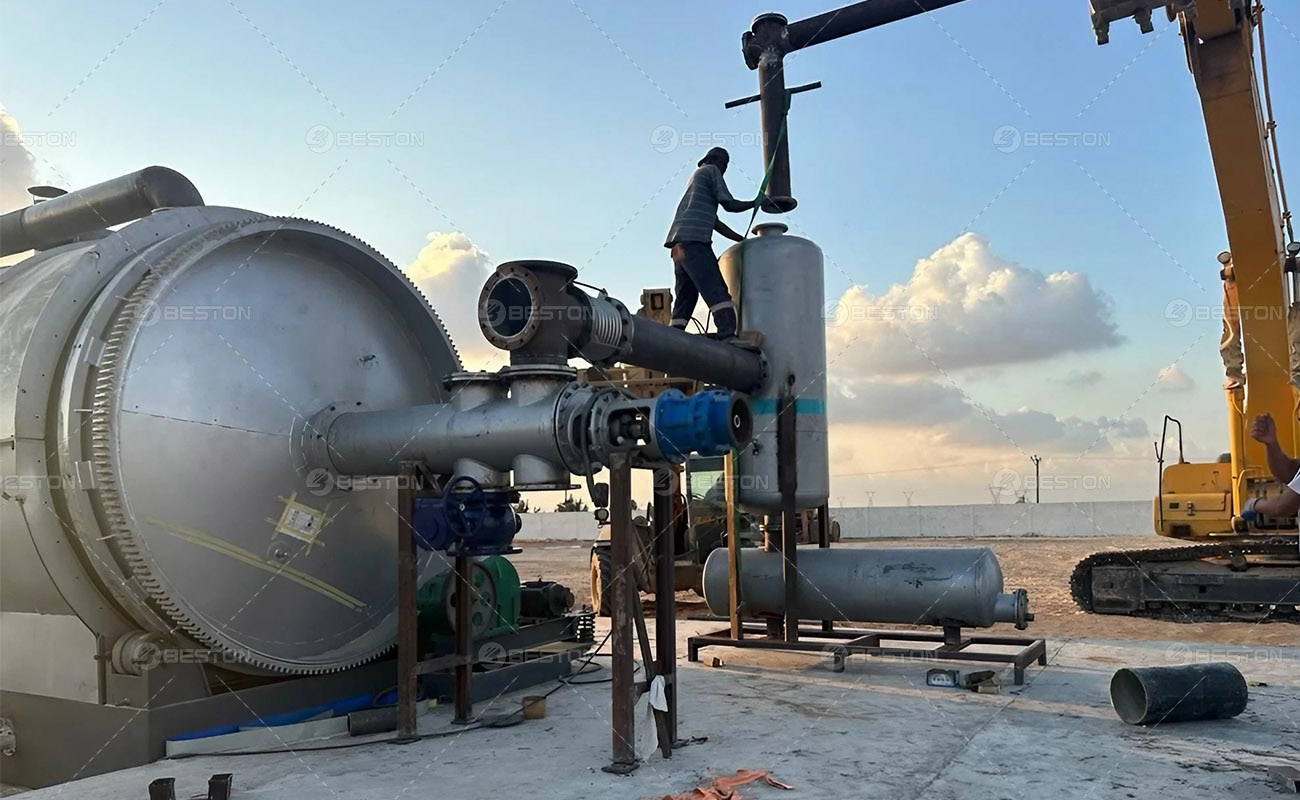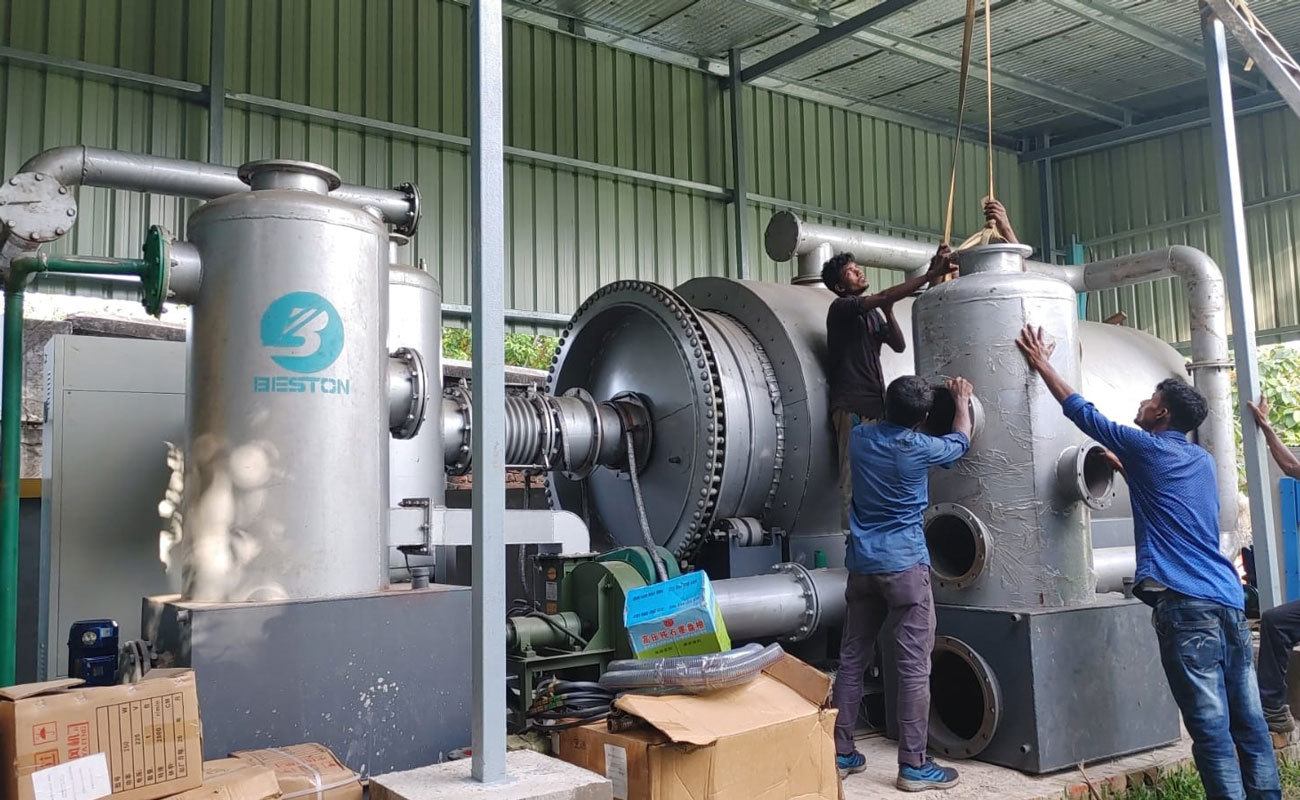The escalating global plastic waste crisis demands innovative solutions, and one promising avenue is the adoption of small-scale waste plastic recycling, particularly through the utilization of small pyrolysis plants. As environmental concerns intensify, exploring sustainable methods to manage plastic waste becomes paramount.

Understanding Pyrolysis
Definition and principles of pyrolysis
Pyrolysis is a thermochemical process involving the decomposition of organic materials at elevated temperatures in the absence of oxygen. In the context of plastic waste, this means transforming discarded materials into valuable products without combustion.
The role of temperature and absence of oxygen
At the core of plastic pyrolysis plant lies the manipulation of temperature and the absence of oxygen. This controlled environment ensures the decomposition of plastic into its constituent elements, yielding valuable resources.
Transformation of waste plastic into valuable products
Through pyrolysis, waste plastic undergoes a profound metamorphosis, giving rise to products like liquid fuel, solid by-products, and gases. This transformation presents a sustainable alternative to traditional waste disposal methods.
Advantages of Small-Scale Pyrolysis Plants
Cost-effectiveness and scalability
Small-scale pyrolysis plants offer a cost-effective and scalable solution, making them accessible to local businesses and communities. The modular nature of these plants allows for incremental expansion based on demand.
Environmental benefits and reduced carbon footprint
Embracing small-scale pyrolysis contributes to mitigating the environmental impact of plastic waste. The process significantly reduces the carbon footprint associated with traditional incineration or landfill disposal methods.
Empowering local communities through decentralized solutions
The deployment of small pyrolysis plants empowers local communities by providing them with the means to manage their plastic waste locally. This decentralized approach not only addresses environmental concerns but also fosters economic independence.

Operating a Small Pyrolysis Plant
Necessary equipment and technology
Operating a small pyrolysis plant requires specialized equipment, including reactors, condensers, and collection systems. Understanding the technology involved is crucial for efficient and safe operations.
Types of plastic suitable for small-scale pyrolysis
While various types of plastic can undergo pyrolysis, certain polymers are more suitable for small-scale operations. Sorting and selecting appropriate plastic feedstock is essential for optimal results.
Safety measures and regulatory considerations
Adherence to safety measures and compliance with regulatory standards are non-negotiable in operating in a pyrolysis plant on a small scale. Understanding and implementing safety protocols ensure a secure working environment and regulatory compliance.
Products Derived from Small-Scale Pyrolysis
Liquid fuel production: Turning waste into energy
One of the primary outputs of small-scale pyrolysis is liquid fuel. This versatile product can be utilized for energy generation, offering a sustainable alternative to conventional fossil fuels.
Solid by-products and their applications
Beyond liquid fuel, pyrolysis generates solid by-products with various applications. These can range from construction materials to carbon black, creating opportunities for a circular economy.
Potential for circular economy integration
The products derived from small-scale pyrolysis plants present an opportunity for integration into the circular economy. By closing the loop and reusing these products, we can create a sustainable and regenerative system. Welcome to consult Beston Group for more information on waste plastic recycling solutions.
In conclusion, the integration of small-scale waste plastic recycling solutions, particularly through small pyrolysis plants, represents a promising avenue for addressing the pressing issue of plastic waste. These solutions not only offer environmental benefits but also empower local communities, creating a path towards a more sustainable and circular future.